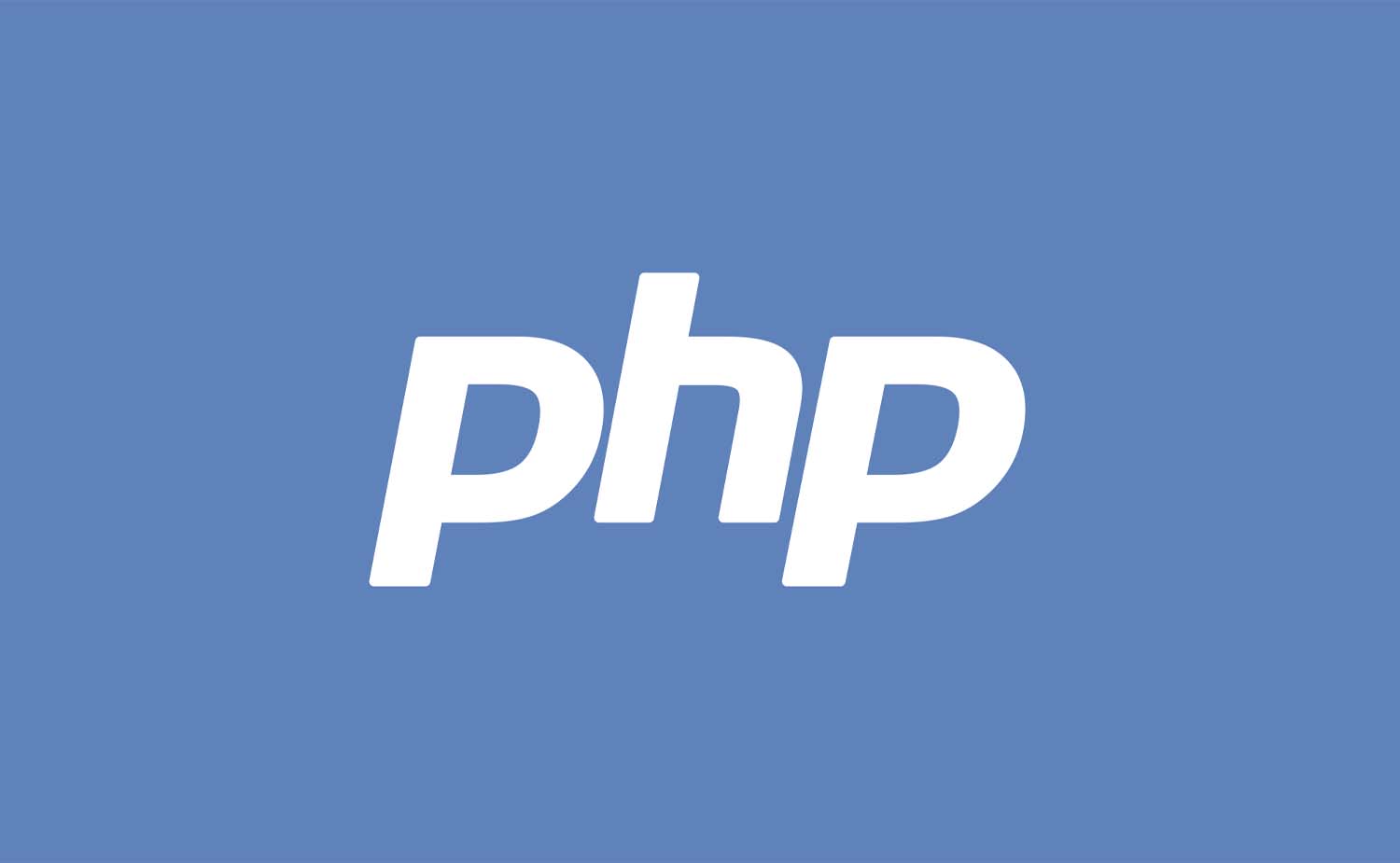PHP continues to hold a significant position in web development as we progress through 2024. This programming language, known for powering substantial portions of the internet, has adapted through ongoing updates that help maintain its relevance in a rapidly evolving technological landscape.
Evolution of PHP: Adaptations to New Challenges
PHP has transitioned from its origins as a basic scripting tool for dynamic webpage content to a mature, robust server-side language. Key developments in PHP, particularly the introduction of PHP 8.x, have addressed both performance and usability:
- Just-In-Time Compilation (JIT): This feature enhances performance by compiling PHP code into machine code at runtime, which is particularly beneficial for computation-heavy tasks.
- Named Arguments and Attributes: These additions improve code readability and facilitate easier maintenance, allowing developers to understand and manage codebases more efficiently.
- Match Expressions: Introduced as a more concise alternative to switch statements, match expressions simplify code logic and reduce potential for errors.
These enhancements contribute to PHP’s sustained utility in handling diverse web development needs.
Factors Influencing the Use of PHP in 2024
Compatibility and Integration
PHP’s extensive use across various platforms ensures it remains a versatile choice for developers. Its compatibility with numerous databases and operating systems, along with a vast array of libraries and APIs, supports a wide range of web development projects.
Community and Frameworks
The PHP community is a vital asset, continuously contributing to the language’s development and providing support through forums, tutorials, and third-party tools. PHP frameworks like Laravel and Symfony offer out-of-the-box solutions that reduce development time and improve security, making PHP a practical choice for both simple and complex projects.
Cost Efficiency
As an open-source language, PHP offers an economical solution for businesses and developers. This cost efficiency, combined with its strong performance and flexibility, makes PHP a viable option for startups and established enterprises alike.
Accessibility and Ease of Use
PHP’s straightforward syntax and ease of learning continue to attract new developers. These qualities make it possible for new participants in the field to quickly start contributing to projects, ensuring a steady influx of talent and ideas into the PHP ecosystem.
PHP in Enterprise Applications
PHP’s robustness makes it a preferred choice for many enterprise-level applications. Its reliability in managing large-scale websites and complex systems is well-documented, particularly in the context of e-commerce and content management systems like WordPress and Magento.
Enterprise Case Studies
In enterprise environments, PHP’s integration capabilities are often highlighted. For instance, large e-commerce platforms utilize PHP to efficiently process high volumes of transactions and dynamically manage user interactions, showcasing its scalability and robustness.
The Current State of PHP
In 2024, PHP’s ongoing updates, active support community, and intrinsic adaptability ensure its continued relevance in web development. While new technologies continue to emerge, PHP’s foundational role in the development of dynamic web applications remains unchallenged, supported by a combination of performance improvements, cost-effectiveness, and a broad spectrum of applications in various industries. As such, PHP is likely to remain a key player in the programming landscape for both current and future web development projects.


Leave A Comment